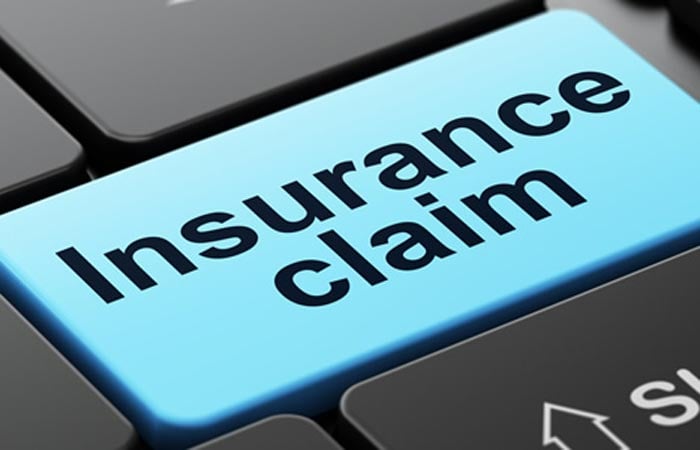Claiming on your car insurance
by Admin
Posted on 16-09-2022 04:48 PM

You can claim on your car insurance when you've suffered any loss or damage that your policy covers. When you have a car accident, contact your insurer as soon as possible. Some policies have
time
limits for claiming.
 Also ask them if you're entitled to any emergency benefits, for example, free car hire or accommodation.
Also ask them if you're entitled to any emergency benefits, for example, free car hire or accommodation.
There may be cases where you were not at fault for an accident at all – for example, if another car drives through a red light and has then crashed into your car, the fault clearly lies with the other driver. The general rule is that whoever is at fault will be responsible for paying for any damage caused. If you were not at fault for the accident, you should consider not claiming on your insurance policy, and instead directly pursuing the party at fault for compensation. Letter of demand the first step in claiming compensation from the person at fault is to send a letter of demand to the person, and their insurance company.
1. Gather information about the accident
If someone else hits your car, no matter who’s at fault, you should begin the claims
process
as soon as possible. If possible, gather as much information from the other driver as possible, including information on their vehicle and their insurance policy info. Get the contact information of any witnesses who are willing to give it and take photo and video evidence of the damage if you can. Keeping an accident checklist in your glove compartment can help prompt you if you’re shaken up by the incident.

2. Check what you can claim for
Before claiming you need to think about whether you should claim at all. Making a claim on your insurance can affect: your ability to get insurance later the cost of future premiums your no claim bonus you may also have to pay an “excess”. The excess is the amount of money you agree to pay in the event of a claim. In the event of an accident (rather than theft), the excess payable may vary according to who was driving the vehicle at the time. Check your policy for details. You should also consider what benefits you have under your policy: are you insured for market value or agreed value (see further below).
You should file your claim as soon as you have gathered the information you need. By making a claim and getting a claim number, your insurer is made aware of your loss and can start assessing your claim. You can provide the relevant information later. If you delay reporting your claim, your insurer may not pay for any additional loss or damage caused by your delay. Some types of policies may also have time limits to lodge a claim so check your policy.
An insurance claim attempts to inform the insurance company about the occurrence of the covered event for discharging the claim amount. It may cover incidental expenses , act as income replacements, and help the insured’s family settle their living costs to avert huge economic difficulties. In the case of financial dependents, the insurance claim check might act as a helping hand for households lacking economic assistance due to unemployment or medical emergencies. Regarding life insurance, the nominee acquires financial security following the insured’s untimely demise. There are two kinds of claim settlement techniques, replacement cost settlements, and actual cash value settlements.
They say you haven't complied with a condition or an exclusion clause applies. Insurance policy fine print is often difficult to understand. It’s important to check your policy to find out what conditions and exclusion clauses may affect your claim before you lodge.
3. Check if you have to pay an excess
If your car is damaged in an accident, you may not need to pay an excess if you can provide the name and address of the person that we agree is at fault. If you are claiming only for damage to glass/sunroof and have the windscreen/glass option on your policy, you won't need to pay an excess. You can check your policy excesses in your account.
Before deciding to make a claim on your insurance policy consider: will it increase your insurance premiums or prevent you getting discounts on premiums in the future? most insurers offer discounts on premiums if you have not made a claim before. Will claiming negatively impact on your ability to get insurance in the future? will you have to pay excess? check your policy for how much you have to pay.
All excesses are specified in your insurance policy schedule or policy booklet and conditions regarding the payment of your excess will vary depending on the policy type, i. E. Motor, land, etc. For example, with a motor claim, if cgu determine that you are not ‘at fault’ in an incident, cgu will not deduct the excess specified in your insurance policy when cgu settle your claim. However, if cgu determine you are ‘at fault’, the excess will apply. Check link.